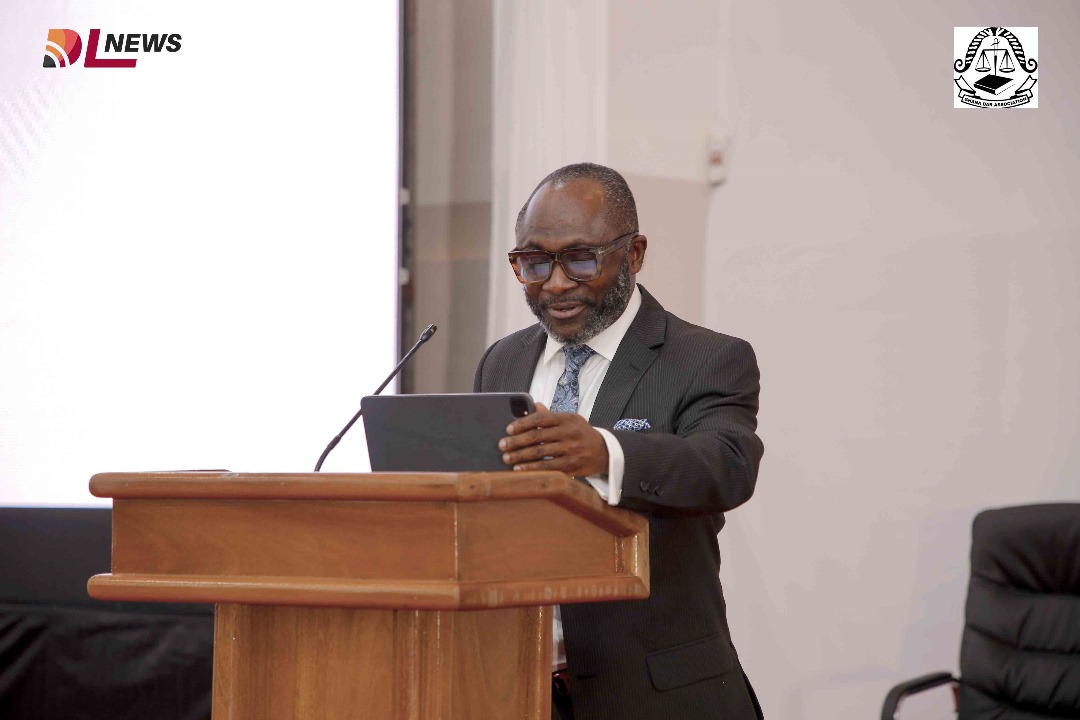Why lawyer wants only husbands’ property but not wives’ shared during divorce
According to him, this is one of the surest ways to save most marriages ‘which are tearing apart just because of issues of who is entitled to what.'

The Director of Legal Education and the Ghana School of Law, Barima Yaw Kodie Oppong has called for the recognition of property acquired by wives in marriages as solely theirs for the purposes of property settlement during divorce.
According to him, this is one of the surest ways to save most marriages ‘which are tearing apart just because of issues of who is entitled to what.
The astute lawyer who doubles as the Mawerehene of Akyem Abuakwa however noted that such a proposition should be subject to the applicability of the fault principle.
Speaking on the topic; The Land Act and Its Impact on the Property Rights of Spouses at the 2023 GBA Conference held at the University of Cape Coast, added that;
‘ If the statutory rules including the constitution had followed the path chattered by the biblical rules and customary laws, we would not have been here still struggling about who is entitled to what property and even where it is agreed, the quantum of the percentage becomes a big problem.’
Lawyer Oppong argued that ‘ to the extent that the man will proceed to another man’s house and plead to have his daughter released to him in marriage and that relieving that man from the burden of releasing his said daughter, then it will be improper for the husband to now enter into a type of joint commercial venture with his wife regarding maintenance and acquisition of property.’
The Director for the Ghana School of Law also maintained that property of any description as held by a woman during the subsistence of the marriage should continue to be deemed as her personal property to the exclusion of the husband.
Conversely, Barima Oppong said that property of any description acquired by the husband in the course of the marriage ought to be treated as property in which the wife has a reasonable interest.
Additionally, he indicated that such property should be shared 50-50 following conditions including maintenance of the issues to the marriage till they attain the age of majority and in the position to maintain themselves.
Also, lawyer Oppong did not lose sight of the fact that a reasonable consideration ought to be made regarding the man’s responsibility to the extended family who may have immensely contributed to the development of the man especially in the formative years.
In reiterating his proposition, the astute lawyer said that the equality is equity principle ought not be applied to the wife however wealthy she might be that is even if she is wealthier or richer than the husband.
However, he ended by indicating that his recommendation ought to be subject to the applicability of the fault principle and thus the person whose conduct endangers the dissolution of the marriage must not take the full benefit of it.


